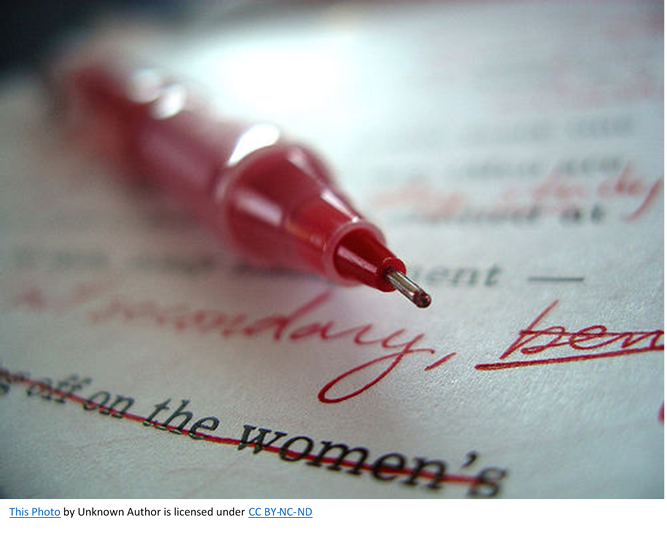
If you’re thinking you need to look into hiring a technical editor for your patterns, but you don’t know how to find the right one, this is the blog post for you!
I’ve been through a couple of editors and have learned a few tricks I’d love to share with you!
What type of patterns will need edited?
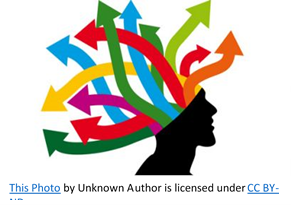
Maybe you only design garments or socks or shawls. Maybe you don’t have a niche and you enjoy designing whatever catches your fancy.
It is a huge confidence bonus, and money and time saver, if you find a technical editor that specializes in what you make. I’ve seen two types of editors in this field-the one that specializes in everything (kind of like a big box store) and the ones that limit their work to only the fields they feel comfortable with and/or enjoy.
Example: My second to last editor was fantastic! BUT she didn’t enjoy editing socks, and all I am designing, at the moment, is socks. She graciously turned down my pattern and recommended a couple of different editors to fill her role. I found one that specializes in socks, and it has cut my editing costs almost in half!
A great question to ask your potential editor is: “What types of patterns do you enjoy editing? Do you have any specialties? Do you have any types of patterns that you do NOT edit?”
Will you need charts, schematics, other made?
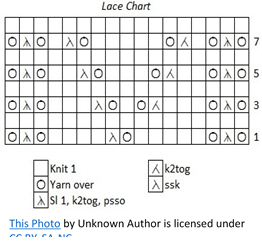
If you have all the skills and resources you need to make these, skip this question.
A chart and schematic can be the polish on your pattern! If you haven’t added either to your lace, cable, or Fair Isle pattern, you should seriously consider doing so. In addition, most knitters and crocheters like to have a schematic when knitting a garment, as it gives them a whole picture view of the garment with all of the measurements.
If you need charts or schematics, as your potential editor: “Do you offer services such as creating schematics or charts? If so, what programs do you use to do so, and do you have examples of finished charts and schematics I can check out?”
Does the tech editor allow for prioritizing?
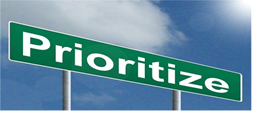
Let’s say that you are a new designer, and your budget is pretty limited. Many tech editors will prioritize one area over another when editing a pattern. Maybe they will check all your numbers and skip the grammar. Or vice-versa. You can have a friend read over your pattern and point out grammatical or spelling errors, or if you are really fortunate, one that will check all of your stitch and row counts and measurements.
Related to this, if you send your pattern over for an estimate and an editor gives you a quote for what seems an excessive amount of time to edit a pattern, definitely get a second and third estimate from other editors! I have a client that was quoted twice the normal amount of time for a simple pattern. And no free final edit was offered. So ask your potential editor: “Are you open to only checking parts of the pattern? And do you offer a free, final check before publication?”
Will the tech editor allow me to keep my voice?

There are many different types of tech editors, from ones that dictate how you should phrase things to the ones that offer gentle suggestions. Generally speaking, a great tech editor will allow you to keep your own “voice”. As in, the pattern will still read like it was written by you, and not your editor, when all is said and done. Ask your potential editor: “Do you rewrite the pattern in any way or just make suggestions?”
What is their turn around time?
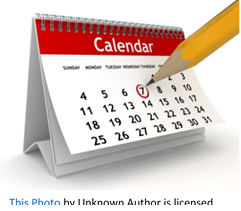
Depending on how soon you want to hit that publish button, this could be a deciding factor for you! Some editors need a month to fit you in, others can edit your pattern right away. One thing to note: you may have to wait longer for the most experienced editors, but newer editors often have immediate openings. So ask your potential editor: “What is your turn-around time, and if I need to publish sooner, do you do rush jobs?”
How do you handle mistakes?
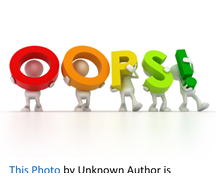
True story! My first editor, certified and confident, left a rookie mistake in my pattern-one that affected the ability to knit the design. Normally this wouldn’t be such an issue, just update and let your buyers know to download the new pdf. BUT, this was a collaboration project that required hundreds of printed copies. And the error was caught by a knitter after the copies were being distributed. YIKES! When I messaged my editor about the mistake, I got a curt “Well, what do you want me to do about it?” reply. And that is how my first editor was fired!
A great editor will have a plan in place for mistakes. No one is infallible, and even the best editors miss errors – hence the “errata” page for printed books. Ask your potential editor: “How do you handle mistakes not caught by yourself after the pattern is published?”
What kind of classes or certifications have they taken? Do they have client testimonials? How long have they been editing?
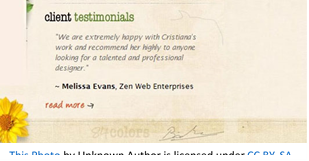
Believe it or not, there is absolutely no fiber-world, universally accepted, certification for tech editing! There are classes available online, but these only acknowledge that the potential editor completed the class. Sorry if that sounds harsh, but when you hear “certified editor”, realize having a piece of paper in the tech editing field doesn’t mean the same thing as say, having a portfolio of happy clients. My first editor (see #6) had plenty of certifications.
Instead of relying on a certification, or a class completed, look for client testimonials. Certifications are ok. Classes are good. Happy clients are the best!
So ask your potential tech editor: “Can you tell me about your editing experience?”
How do they invoice?
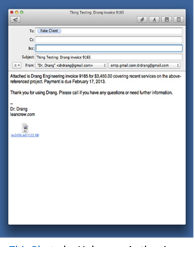
You’ll want to know when and how your potential editor handles invoices. Some editors send invoices to all their clients at once, so you’ll have your finished pattern in hand maybe weeks before having to pay a bill. Others send right away. Some like PayPal, other like different forms of payment. Ask your potential editor: “How do you handle invoices and how do you prefer to be paid?”
What is their location?

This one may be important to you if you prefer to keep your costs the same, and not have to worry with the rate of exchange. You should also be aware of the spelling differences between countries. If this is something you are concerned about, look for their location on their website, or ask “What country do you reside in, and how do you handle differences in spelling and language?”
So to recap, here are a list of questions you can ask potential tech editors in order to find the one that is right for you! Please feel free to copy these, if you’d like, and if you have other question suggestions, comment below! As always, if you are looking for an editor, you can ask me all of these! I’d be happy to answer all questions you may have!
What types of patterns do you enjoy editing? Do you have any specialties? Do you have any types of patterns that you do NOT edit?
Do you offer services such as creating schematics or charts? If so, what programs do you use to do so, and do you have examples of finished charts and schematics I can check out?
Are you open to only checking parts of the pattern? And do you offer a free, final check before publication?”
Do you rewrite the pattern in any way or just make suggestions?
What is your turn-around time, and if I need to publish sooner, do you do rush jobs?
How do you handle mistakes not caught by yourself after the pattern is published?
Can you tell me about your editing experience?
How do you handle invoices, and how do you prefer to be paid?
What country do you reside in, and how do you handle differences in spelling and language?